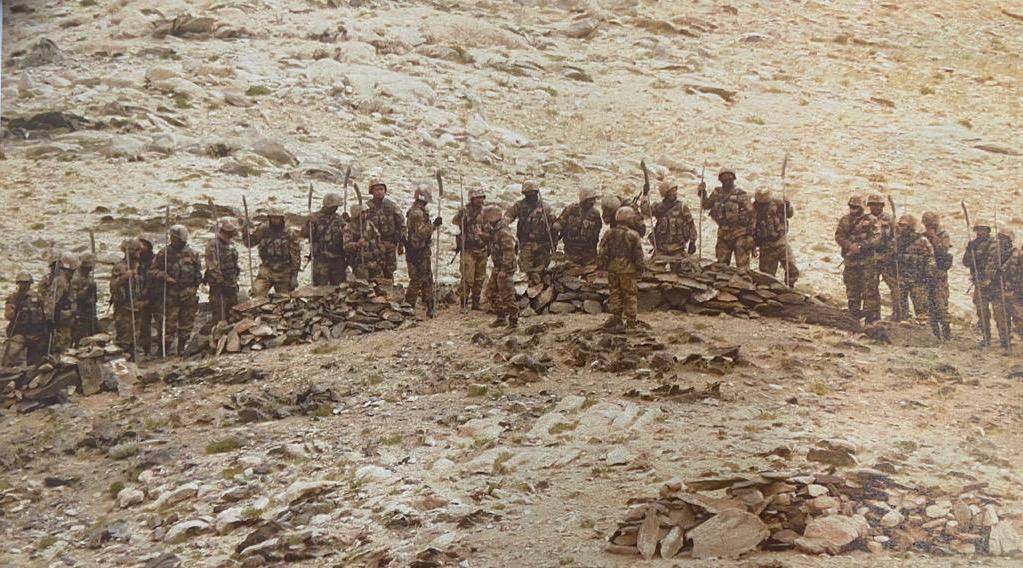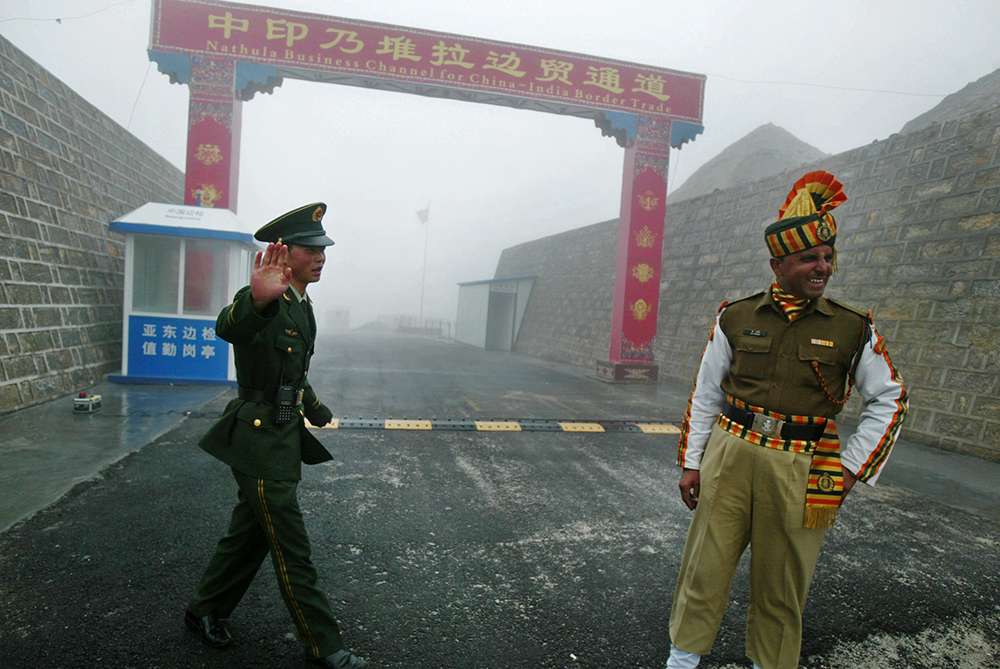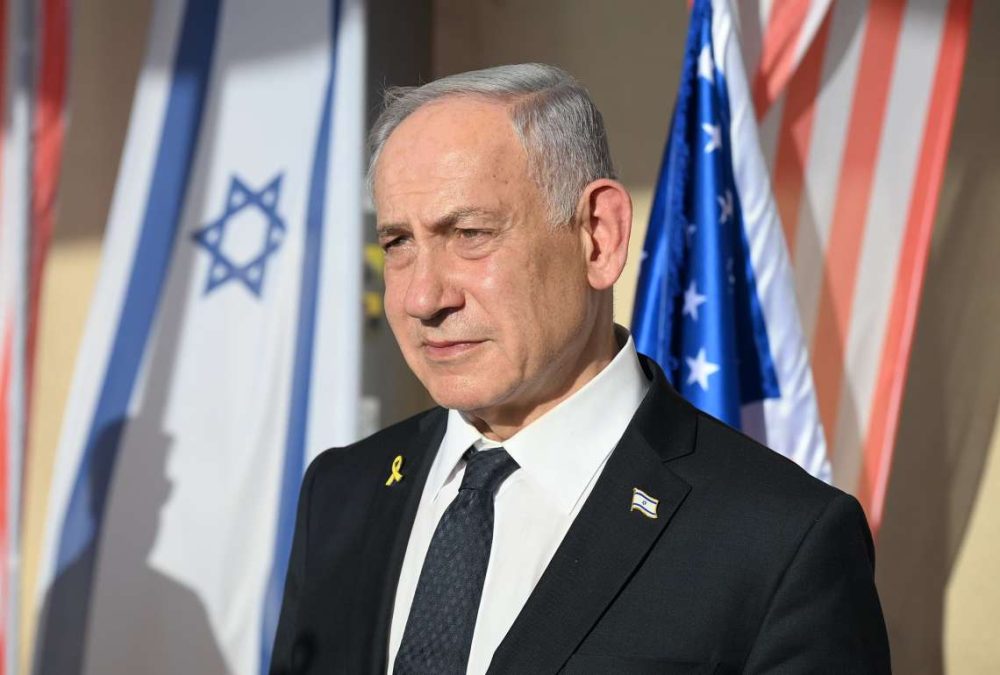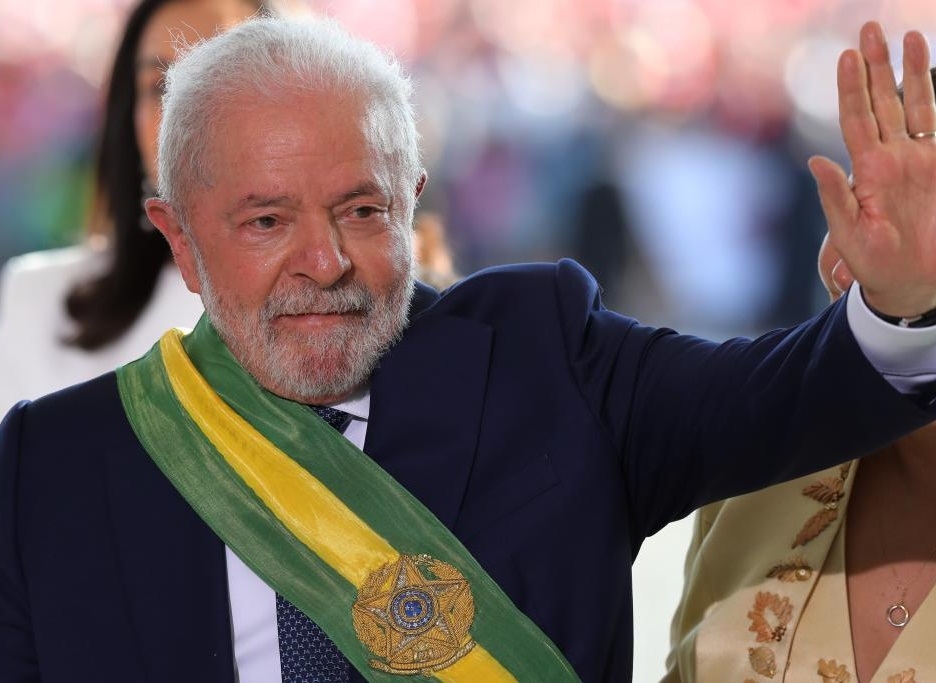Russian analysts have begun changing the nomenclature of Ladakh and Arunachal into the Mandarin substitutes now promoted in maps by the PRC. Such cartographic shifts have in the past preceded acts of aggression by the PRC, writes Prof. Madhav Das Nalapat
Pakistan Foreign Minister Bilawal Bhutto’s Two Nation Theory-centred views on Kashmir seem to be an Indiaphobic outlook accepted almost wholly by the Foreign Ministers of Germany and its biggest trading partner, China. The ideology of the Green Party is not usually associated with measures that promote conflict, but Minister Annalena Baerbock seems not to be concerned about the past. She is as set on flooding Ukraine with weapons and prolonging the war between that country and the Russian Federation as the most hawkish in NATO are.
GHQ Rawalpindi is eager to present the facade of being a partner of NATO even while (since the Musharraf era) serving the interests of the PLA. Which is why Imran Khan, who in the past had (and still has) several admirers in the UK and India in particular, was anointed the Prime Minister of Pakistan by the army. Imran proved ineffective as a cover-up artist, which is why the Pakistan Chief of Army Staff replaced him as PM with Shehbaz Sharif, who in his endearing way seeks to seem all things to all men. As a backstop where charming the Atlantic Alliance is concerned, in an inspired choice, Bilawal Bhutto was made Foreign Minister, just as his executed grandfather had been.

Since 1945, Germans have embraced the concept of being not just Germans but Europeans First to Last. Bilawal, in common with some other South Asian politicians, is European in every way except (at least publicly) in citizenship. Hence Annalena Baerbock ought not to be blamed too harshly for so visibly falling for the lie—sorry, line—that he spun to her on the prompting of the very military that for years assisted the Taliban to kill German soldiers. Nor is Baerbock an outlier in her public disdain for the sovereignty of India, admittedly a country that is not European.
In recent weeks, there has been a spurt in actions directed against India by some of the most consequential members of NATO, especially the UK and the US. UK Home Secretary Suella Braverman was candid about her contempt for Indians, however poisoned such an attitude may have made UK-India relations in the Liz Truss era. It is difficult to believe that actions such as the getting of a Canadian, US or indeed many European visas has become close to impossible for citizens of India are unrelated to the refusal by the Government of India to join NATO in once again shifting focus to Russia in the way that counterparts in Canberra, Seoul or Tokyo have.
Indeed, NATO as an alliance is clearly suffering from a genetic birth defect, which is that it is inflexibly focused on Russia as the primary threat to humanity. Although mouthing and even committing to the record ritualistic statements about the China threat, its heart is not in anything other than continuing to fixate on Russia. NATO does indeed seek to intrude into the Indo-Pacific, but by its actions on ground, sea and air, it is clear that the predominant motive for this is to try and strangle those trade routes within Asia that are frequented by Russia. Of course, such attention to Russia coexists with China being given a pass on whatever it does, barring verbal protestations and symbolic posturing indicating unease and opposition.
Atlanticist powers claim that among the primary reasons for the sanctions imposed by them on Russia since 2014 and exponentially increased this year was to warn China of what it would face were it to attempt an invasion of Taiwan. Cynics argue that when viewed against the backdrop of zero sanctions being placed on PRC entities and personnel even after serial infringements on sea and air of Taiwanese (and Vietnamese, Filipino or Indian) sovereignty, such words fail to convince. They point to the stark difference in the quantity, quality and financial terms of the armaments showered on Kiev as compared to those sold—repeat, sold—to Taipei. Unlike what has being seen in connection to Ukraine, thus far, the US, France and the UK have yet to convene a UNSC meeting to discuss PRC encroachments on sea and land across its lawful borders.

Sanctions against Russia are on course to generate civil unrest across much of Europe within months, although in the US the Democratic Party is hoping to be rescued in the midterm elections from Biden’s unpopularity by the Republican-controlled US Supreme Court and the candidature of Forever Trumpers. Control of the legislative process at the federal level would ensure implementation of the social legislation favoured by Biden’s party until the present Supreme Court overturns them. Beijing’s policymakers believe that there would be scant public support within the Atlanticist alliance for a fresh raft of sanctions, this time against China, when the boomerang effect of the sanctions on Russia has become impossible to explain away as just the “fault of Putin”.
Voices within Russia are these days claiming that Strongman Putin is acting like a wimp in not defeating Ukraine this far. This may result in the Kremlin adopting the Shock and Awe tactics that were employed by George W. Bush against Saddam Hussein in 2003. As for President Volodymyr Zelenskyy, he seems less than eager to get “off the ramp” and press for peace, perhaps because he has a comfortable future awaiting him in the Atlanticist world, even if in the process his country gets still more devastated. Given the Kissinger and Obama precedent, Zelenskyy may even get the Nobel Peace Prize.
The 2022 sanctions blitzkrieg against Russia led by President Biden, and encouraged by cheerleaders such as Jens Stoltenberg or Ursula von der Leyen, plus the consequences on the PRC economy of Xi Jinping Thought, are causing waves of pain in the rest of the world. While sanctions that are more than symbolic would be inevitable were Xi to intensify his kinetic moves against Taiwan, it is considered by the CCP leadership to be extremely unlikely that the US, the UK and other NATO member states would impose substantive sanctions on China in the event of another PLA foray into Indian territory. The Russians have flashed a warning sign to the Indian side of the danger posed by such a view in Beijing.
This they have indicated by its analysts beginning to change the nomenclature of Ladakh and Arunachal into the Mandarin substitutes given in the latest maps that are now being shown by the CCP. Such cartographic shifts have in the past preceded acts of aggression by the PLA. Maps showing Ladakh and Arunachal as Chinese territory and Kashmir as Pakistani were distributed by some in the Chinese delegation to the September meeting of the SCO at Samarkand. Those in the Lutyens Zone who believe that there is no way that the PLA would initiate a kinetic showdown across the Himalayas at least until the close of the decade may be proved wrong. The tossing of a sweetener to the Atlanticist powers through Indian support of their resolution on Xinjiang against China at the UNHRC may have been a better option than abstaining from voting, rather than in joining countries who backed an investigation into the situation in Xinjiang.













